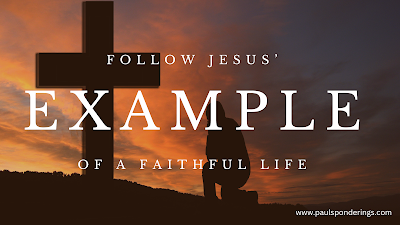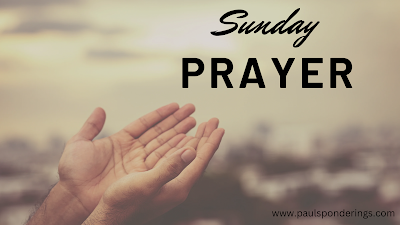Human beings have been carrying knives for centuries, as they are versatile tools that can come in handy in a wide variety of situations.
The first knives were sharpened rocks, bones, or metals that had some sort of handle for a person to hold. These knives were used for cutting and scraping tasks, and because of their usefulness, people began carrying knives with them all the time.
The exact origin of folding knives is unknown, as they have been used for centuries and have evolved over time. However, evidence shows that folding knives were used in ancient Rome, Greece, and even in the Bronze Age. These early folding knives were made from bronze, iron, and eventually steel.
Although our technology has made the daily need for a good cutting tool almost obsolete, a good folding knife is still an essential part of a good EDC. Whether you're working in the yard, doing a DIY project, cooking supper, camping, hiking, or just running errands around town, having a folding knife in your pocket can ensure that you are prepared for any cutting tasks that may come your way.
 |
| A few of the knives in my collection. |
Everyday tasks
From opening packages to cutting rope, there are countless everyday tasks that can be made easier with a folding knife. Instead of struggling to open a package with your bare hands, you can simply use your knife to slice through the tape. Instead of trying to break that dangling thread on your shirt, you can simply cut it off. Instead of tearing open that birthday card from your mom, you can make a nice clean cut with your knife instead. Instead of searching around for a clean knife in the kitchen, slice those veggies up with the slicer in your pocket.Emergency situations
In an emergency situation, a folding knife can be a lifesaver. Although a knife with a blade less than 3 inches long is perfectly capable of handling 98% of the cutting tasks that will pop up in our daily lives, in many emergency situations that might arise, such as cutting a seatbelt in a car accident or creating a makeshift shelter in the wilderness, a larger knife provides you with the tool you need to get the job done. It's always better to be prepared for the unexpected, and a good medium to large folding knife can help you be prepared.Utility tool
A folding knife is also a valuable utility tool when the right tool isn't within reach. It is important to remember that while we have all used a knife for something other than cutting, these are not approved uses for a knife. You can use a knife to tighten screws, strip wires, or even to remove a splinter. With a little creativity, you can use a folding knife to tackle all sorts of tasks.Self-defense
While we hope to never find ourselves in a situation where we need to defend ourselves, it's always better to be prepared. The reality is that unless you are trained to use a knife for self-defense, you are just as likely to hurt yourself as you are your attacker. But, in a life or death situation, using a knife might help you ward off an attacker or create an escape route. Of course, it's important to remember that using a knife in self-defense should always be a last resort, and only used when absolutely necessary.Personal Expression
For many people, carrying a folding knife is a way to express their personal style. This is particularly true among the EDC community, where there is a wide variety of knives available in different colors, materials, and designs. Personally, I still want a brass handle knife because I think it looks cool when paired with leather.However, it's important to remember that carrying a knife also comes with responsibilities. You must be aware of local laws and regulations governing knife ownership and use.
Some states and many cities have ordinances that limit the blade length on folding knives to less than 3 inches. To comply with local laws, I bought a Kizer Dukes with a 3-inch blade to carry when traveling.
Since knives are tools and not toys (although the fidget factor on many folding knives is pretty high), we should treat them as such. It's important to handle your knife with care and never use it in a way that could harm yourself or others.
Carrying a folding knife can be a valuable tool for a variety of situations, whether you're out camping, running errands, or going about your daily life. By keeping a knife in your pocket, you can be prepared for whatever comes your way.














